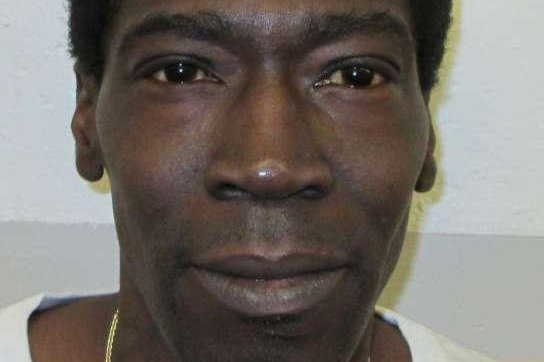Alabama Gov. Kay Ivey says the state will execute Anthony Boyd using nitrogen gas, rejecting the inmate’s pleas for clemency. Critics have already branded the untested method “inhumane,” deepening the debate over how the United States carries out capital punishment.
Alabama to execute prisoner using nitrogen gas

Key Takeaways:
- Alabama will put death-row prisoner Anthony Boyd to death using nitrogen gas.
- Gov. Kay Ivey confirmed the plan on August 19, 2025.
- Boyd’s own pleas failed to stop the execution.
- Opponents call the new execution method “inhumane.”
- The decision renews scrutiny of execution practices in the United States.
Governor Announces Nitrogen Gas Execution
Gov. Kay Ivey on Tuesday confirmed that Alabama intends to execute Anthony Boyd using nitrogen gas. The announcement sets the stage for what could become one of the most contentious executions in the state’s modern history.
Boyd’s Pleas Go Unanswered
According to Ivey, the execution will proceed “despite his pleas.” Boyd had asked the state to reconsider, but those appeals were rejected, leaving nitrogen gas as the chosen method of carrying out his sentence.
Critics Condemn the Method
The decision drew immediate backlash. Detractors labeled the technique “inhumane,” warning that introducing nitrogen gas into the death chamber ventures into ethically fraught territory.
A New Front in the Death-Penalty Debate
Alabama’s move amplifies an already heated national conversation about capital punishment and the methods employed to carry it out. With the execution now poised to proceed, legal experts, activists, and policymakers will be watching closely to see whether nitrogen gas becomes a new standard—or a cautionary tale—within America’s justice system.











